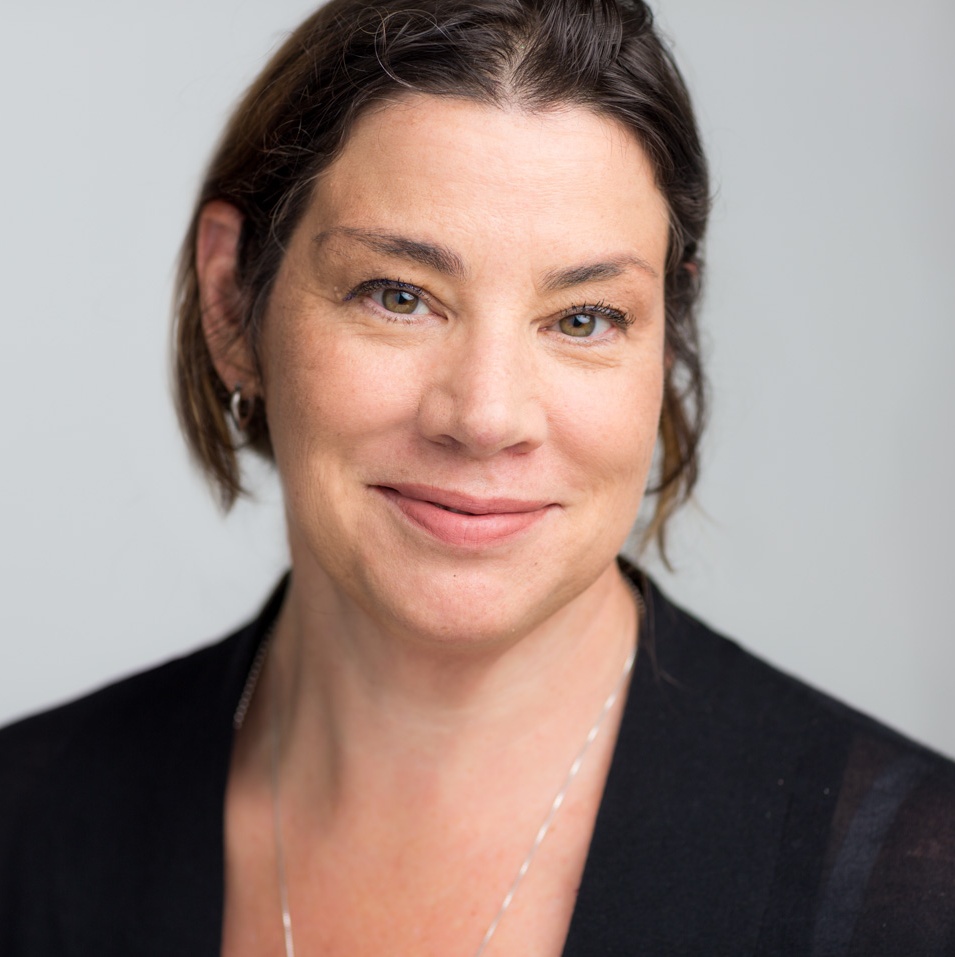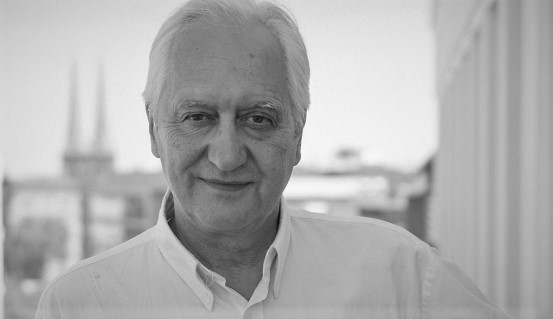
Ahead of our 2019 forum in Sydney, we caught up with Dr Mary Ellen Harrod, PhD from the The NSW Users and AIDS Association to get her view on where the conversation around drug use sits in today’s society.
Mary will be a part of Drugs, Just Say No. A session where we a team of health experts, police, festival figures, drug researchers and parents will take on a hypothetical situation whilst sharing and negotiating the outcomes with their different perspectives on drug use and culture.
What are some of the greatest misconceptions you see about drug use from the work you do at NUAA?
There are a number of misconceptions about drug use but the biggest one is that people use drugs are mad/bad/dangerous to know and that all drug use is irrational. The fact is 40% of all Australians have declared in national surveys that they have used drugs – a figure that is likely an underestimate. Drug use in not invariably bad news – most people who use drugs do so recreationally and their experiences are positive. The positives of drug use are very rarely portrayed in the media and they aren’t talked about because of the stigma associated with using but the fact is that illicit drugs have a role very much like the main legal drug alcohol – they support and enhance social interactions and have many positives. Many people use drugs to manage their mental health when conventional medications don’t work or as means of personal growth.
Is there a more open and honest dialogue around drug use now compared to the 90s?
In some places yes. I was recently in California which has a regulated cannabis supply now. I was staying with a friend I’ve known for over 30 years without ever having an open discussion about drug use. At this visit we old people and the kids were all having open and supportive conversations about cannabis – which is the best fruity sativa strain, CBD vs. THC – all important points! This discussion led to more a more open dialogue about problematic drug use and what approaches work/don’t work. The shift in dialogue that has come with regulation was really remarkable to me – all of the sudden the shame and reluctance to discuss issues we face navigating our health and our the health of our families around drug use was much reduced. I was really encouraged that a better model is possible.
How do you feel this is helping/hindering the work you do?
The positive feedback we get from our peers and their extended networks is incredible. One really special moment recently was one of our Coordinators Erica Franklin connected with Julie Tam at the Coronial Inquest into Festival Deaths. Julie is the mother of Josh Tam who so tragically died at Lost Paradise this year. Julie invited Erica to a festival conference in Queensland where the Tams live and they are still in touch. The whole team was devastated by Josh’s death as we were at Lost Paradise and the support of Julie and other members of the community means a great deal to us. We’re passionate about our work but is can be emotionally difficult and to have that broad acknowledgement by our peers, promoters, government and families is fantastic.
What are some of the key learnings you’ve taken away from your community engagement programs?
NUAA services have traditionally been focussed on injecting drug use and the expansion into the party drug space has taught us that stigma and the lack of access to health services impacts so many people – stigma kills. It makes it more important to keep fighting. The lessons of good community engagement remain the same – ground up with the affected community leading the way, time, funding and space are all really crucial to healthier communities. We are learning quite a bit about peer workforce development and the supportive structures you need in place to effectively support people in these challenging roles.
Why are events like GCAD important to your organisation?
Events like GCAD are great opportunities for us to bring our programs and work to an expanded audience. We do great things and are incredibly proud of NUAA and our 30 year history. An organisation by and for people who use drugs with a focus on harm reduction is still a challenging concept, especially in a state where “just say no” is still our official policy. We need public support and opportunities to bring our work to a new audience and build our profile in a positive way are incredibly important.
Join us at Global Cities After Dark to discuss this an may more issues facing the nighttime economy in Australia and across the globe.
GLOBAL CITIES AFTER DARK IS PRESENTED BY EMC & VibeLab AND IS SUPPORTED BY NSW GOVERNMENT THROUGH CREATE NSW, CITY OF SYDNEY AND THE TICKET FAIRY.




